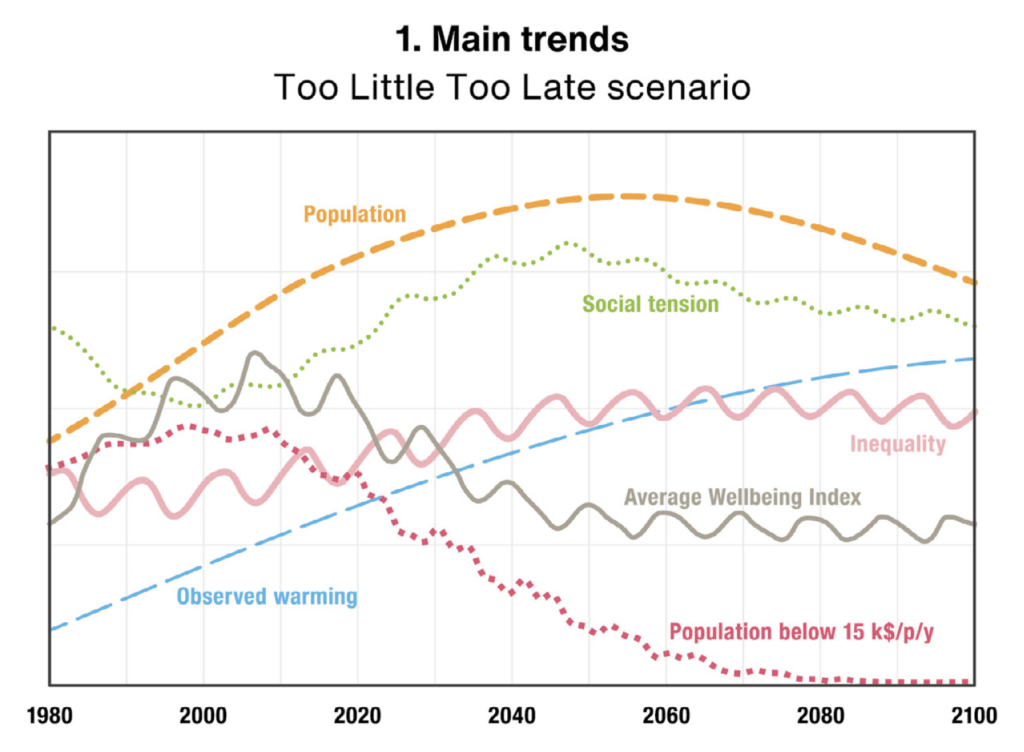
I have been criticized because I don’t write much about consumption. It is true that almost all of my essays are about is population, although consumption is as big a factor for impact as population.
You probably remember the formula: I=PAT. It means that the human impact on our environment of a group of people is determined by the group’s Population, their average Affluence (or consumption) and by Technology. Technology seems to be a small player in this formula. As soon as we get a technology to save energy (and thus decrease our impact) we find other ways to spend our money.
We in the USA consume much more than people in most other countries. Does that make us happier? I don’t think so. The average annual income in the 5 happiest countries is about $57,000. Although our income is higher at $70,000, we’re only rated #15 for happiness.
Why focus on population? Globally, according to the UN, there are 121 million unintended pregnancies. This is because there are millions of women who don’t have access to effective contraception, or because their partners won’t allow them to use contraception, or because their birth control failed. My hope is that this number of unplanned pregnancies can be decreased by making highly effective contraception more available, and by shifting societies away from pronatalism and away from male domination.
There is another reason I do not focus on consumption. We are surrounded by media urging us to spend, buy and consume. We know that our consumption increases our impact, climate change for example. Although it is difficult to ignore advertisements, it is possible. One really doesn’t need so much stuff! You can learn to keep your eyes on what you are reading and forget the ads; think of them as injurious.
In March the UN wrote a warning that we need to decrease consumption. I did a quick survey of 8 major US online newspapers, looking for examples of ads that contrast with our need to decrease consumption, On the same pages where the UN warning appeared, each newspaper had advertisements accompanying the stories urging us to consume more! The average number of ads was more than 8, and the maximum was 11. To make things worse, in many cases it was difficult to distinguish what is an ad and what is the news. I am glad the Durango Herald online has few ads!
Although the media depend on advertising to bring us the news and to pay their bills, the number of advertisements one is exposed to is as appalling as it is distracting. Fortunately, you can learn to ignore most of the forces that want you to spend your money. One way is to pay extra on many websites to get ad-free service. Another is to just ask yourself if you really need all that stuff.
When I was in elementary school, I read an ad for an intriguing gadget to broadcast my voice over the radio. I was excited that I could have my own radio station, but didn’t have enough money to purchase the device—my allowance was just 35 cents a week. I begged my mother for enough money to buy one of those transmitters.
“Do you really need it, or is it just a passing fancy?” was her reply—prescient of the saying “is it need or greed” that would become popular years later. What she said then is even more important than 70 years ago; we need to consume less. Ignoring advertisements is a step in the correct direction.
© Richard Grossman MD, 2023
